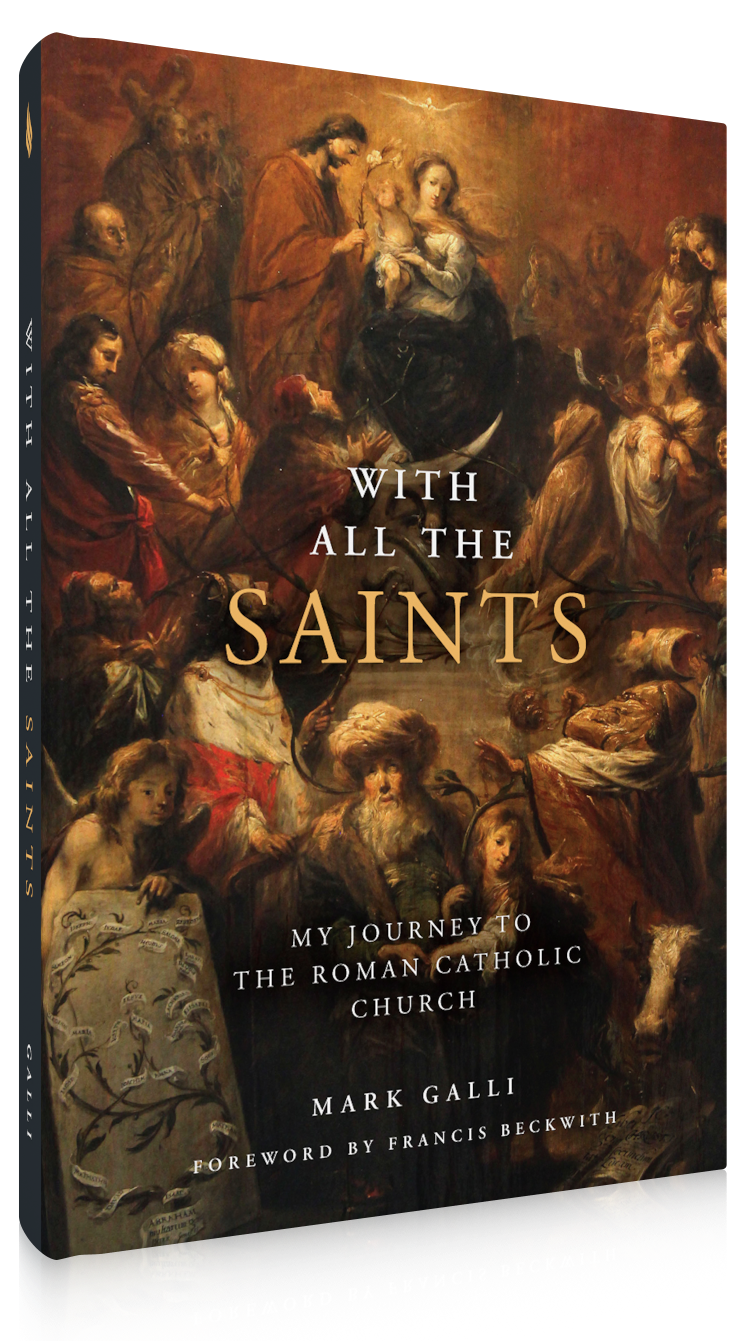

"This is an indispensable volume, coming at a crucial moment."
Peter Kreeft reclaims the importance of ethical study in answering life’s big questions: What is the meaning of life? How should I live? How should I treat other people?
Unlike many modern books on the subject, this one asserts that ethics is real, that good and evil are knowable, and that we are happier people when we act well.


Ethics for Beginners:
Big Ideas from 32 Great Minds
Big Ideas from 32 Great Minds
By Peter Kreeft
Foreword by Matthew R. Petrusek
Word on Fire | January 22, 2024
Paperback | 272 Pages | 6” x 9”
Retail Price: $24.95 $19.96
(20% OFF & Free U.S. Shipping!)
Average Shipping Time: 7-10 Business Days
Questions? Need help placing your order?
Email us at support@wordonfire.org or call (866) 928-1237.

“This book dialogues with giants, not with skittering little mouse-like minds that chatter but with big minds that think the big thoughts”
— Peter Kreeft
About Ethics for Beginners
Socrates once said that a good person does not worry much about the little things, like whether he lives or dies, but only about the one big thing: whether he is a good person or a bad one.
In Ethics for Beginners, celebrated philosopher Peter Kreeft reclaims the importance of ethical study in answering life’s big questions: What is the meaning of life? How should I live? How should I treat other people? Unlike many modern texts on the subject, this one asserts that ethics is real, that good and evil are knowable, and that we can learn to act well and so become better and happier people.
Surveying the “big ideas” of the thirty-two most important ethical philosophers, Ethics for Beginners is an apprenticeship to the greatest minds in history. With expert analysis and reflection from Kreeft, it offers a challenging and unforgettable treatment that is suitable for classroom and individual use alike.
About the Author


Dr. Peter Kreeft is Professor of Philosophy at Boston College and the author of almost one hundred books. His many bestsellers cover a vast array of topics in spirituality, theology, and philosophy. They include Socrates' Children, Food for the Soul, Making Sense of Suffering, Summa of the Summa, and How to Destroy Western Civilization.
Here’s What People Are Saying...
“Peter Kreeft, one of the most thoughtful and prolific Catholic scholars living today, has done it again. Ethics for Beginners is an essential resource to introduce readers to some of the most important thinkers and ideas in this domain, as he makes the case that good and evil are real and knowable. This is an indispensable volume, coming at a crucial moment. Anyone seeking to pursue the good life and happiness most richly understood owes Kreeft a debt of gratitude.”
— O. Carter Snead, University of Notre Dame Professor of Law, Director of de Nicola Center for Ethics and Culture, and author of What It Means to Be Human: The Case for the Body in Public Bioethics


“Peter Kreeft—prophet, sage, and winsome professor of philosophy—teaches readers how to unite the knowing, doing, and being of ethics against the backdrop of some of the most influential moral theorists in history, including Socrates, Buddha, Moses, Plato, Aristotle, St. Augustine, St. Thomas Aquinas, Hume, Kant, and Alasdair MacIntyre, to name a few. The cumulative goal is to make you a better person, a happy person—that is, an ethical person.”
— Matthew R. Petrusek, Professor of Catholic Ethics, Word on Fire Institute, from the foreword


“Virtually anyone who has taken the time to look into academic discourse on ethics could understandably be scared off. You find so many different visions of the good, so much specialist jargon, so much argumentative complexity, and so many ideological agendas. Peter Kreeft has written a book that offers folks a chance to bypass these roadblocks by diving directly into accessible visions of the great masters of ethics. We desperately need nonspecialists to take ethics more seriously, not only as a tool for changing their own lives, but for the building of a new culture by those who have had their lives so changed. This book offers nonspecialists a chance to do precisely this.”
— Charles Camosy, Professor of Medical Humanities, Creighton University School of Medicine
Contents
FOREWORD by Matthew R. Petrusek
Nine Introductions
1. The Oldest Ethical Teacher
Four teachers from the East
2. The Hindu Tradition: The Four Wants of Man
3. Buddha: Nirvana
4. Confucius: Harmony
5. Lao Tzu: Nature as Teacher
Three teachers from the West
6. Moses: Divine Law
7. Jesus: Agape Love
8. Muhammad: Surrender
Three Classic Greek Founders of Philosophy
9. Socrates: “Know Thyself”
10. Plato: Socrates Systematized
11. Aristotle: The Ethics of Common Sense
— Sophists, Stoics, and Epicureans
Three Lesser but More Popular Ancient Philosophers
12. Protagoras: Sophism
13. Epicurus: Hedonism
14. Epictetus: Stoicism
Three Medieval Christian Saints
15. St. Augustine: Love and the Heart
16. St. Anselm: That Than Which Nothing Greater Can Be Thought
17. St. Thomas Aquinas: The Marriage of Christian and Aristotelian Ethics
— An Interlude about Modern vs. Medieval Ethics
18. Niccolò Machiavelli: The Separation between Ethics and Politics
19. Thomas Hobbes: Power as the Good
20. Jean-Jacques Rousseau: Feeling as the Good
Three Classic Modern Ethical Alternatives
21. David Hume: Emotivist Ethics
22. Immanuel Kant: A Non-Metaphysical Moral Absolutism
Three Existentialists
24. Søren Kierkegaard: The Three Stages on Life’s Way
26. Jean-Paul Sartre: The Ethics of Absurdity
Two Personalists
27. Gabriel Marcel: The Anti-Sartre
28. Dietrich von Hildebrand: Three Kinds of Good and the Role of the Heart
Three Analytic Philosophers
29. A.J. Ayer: The Meaninglessness of Moral Propositions
30. G.E. Moore: The Indefinability of “Good”
31. Ludwig Wittgenstein: Ethics as “Mystical”
Is Ethics Dead?
32. Alasdair MacIntyre: After Virtue
Conclusion
Appendix I: 220 Questions
Appendix II: Ten Methods for Writing Essays
Appendix III: How to Write a Socratic Dialogue
Appendix IV: How to Have a Socratic Debate
Appendix V: How to Write a Logical Essay Using Aristotelian Logic
Appendix VI: How to Write a Summa Article


CUSTOM JAVASCRIPT / HTML



